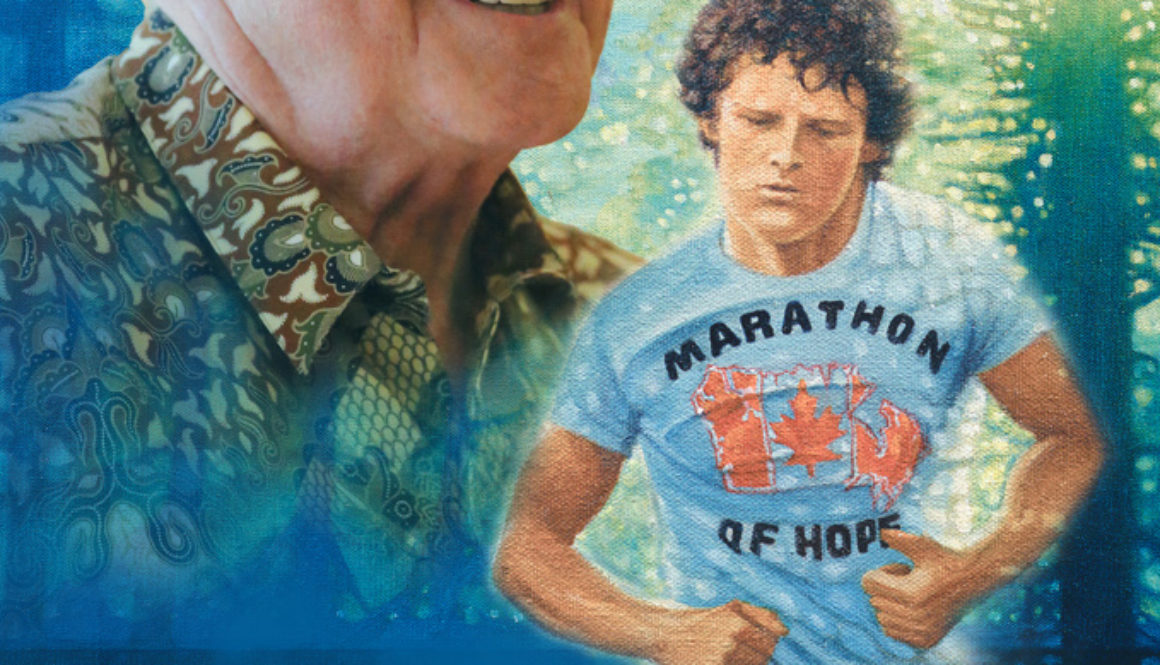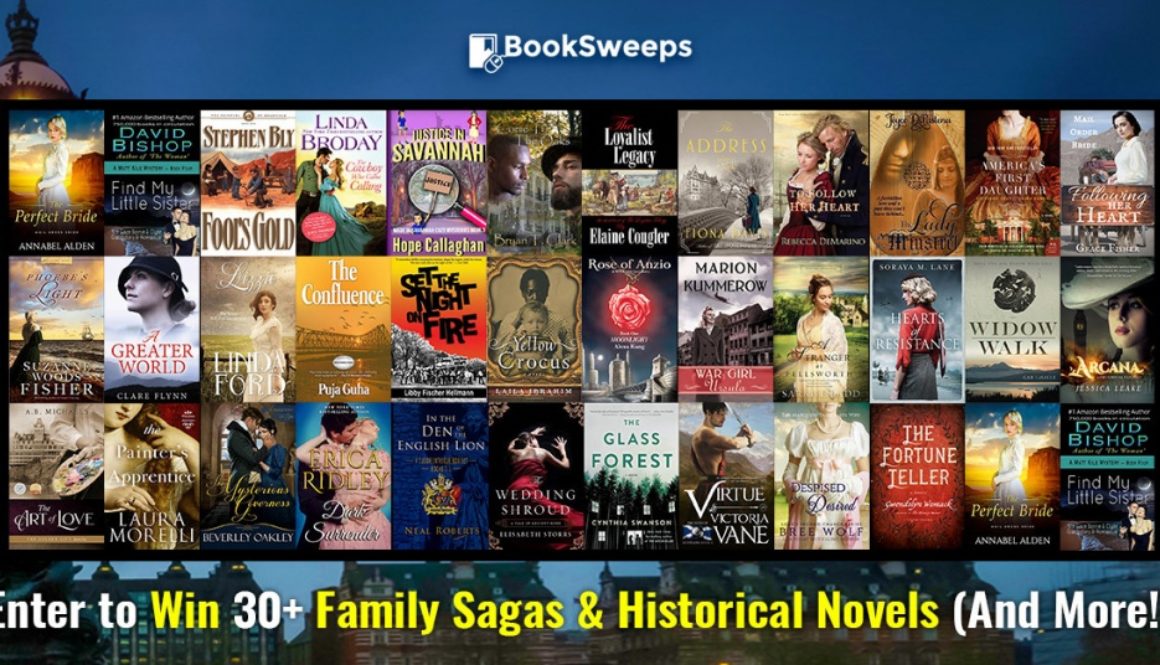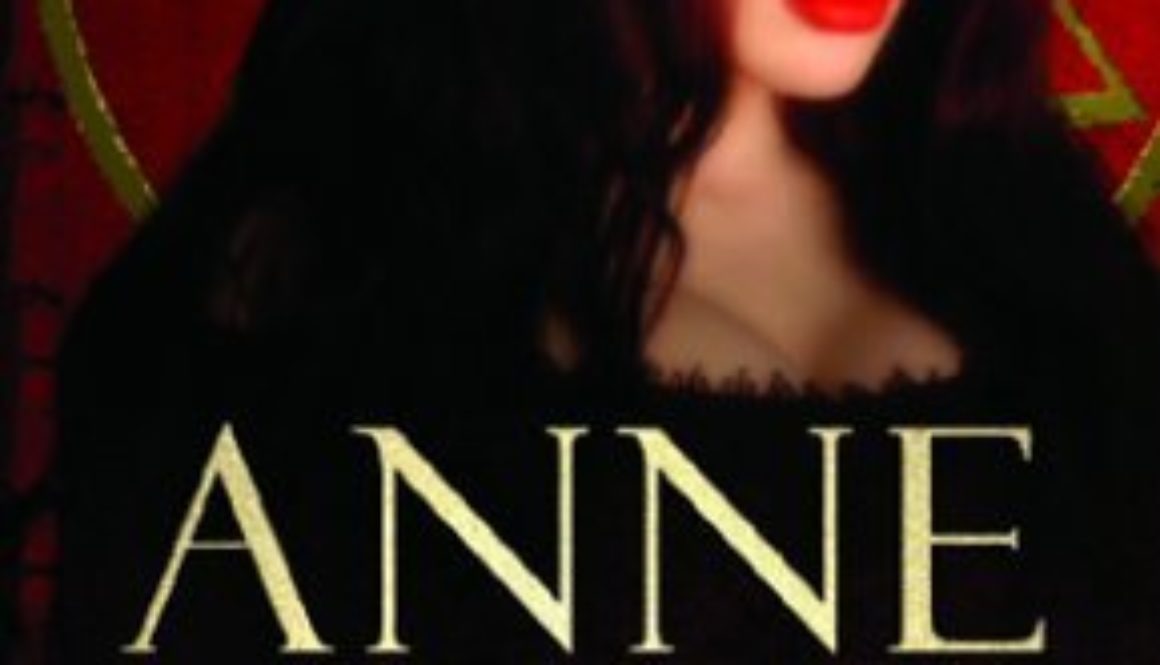The Man Behind the Marathon Cover Reveal!

For a year and a half and more I’ve been working on The Man Behind the Marathon: How Dr. Ron Calhoun Helped Terry Fox and Other Heroes Make Millions For Charity. Today I’m happy to present this cover design by Sharon Clare based on an original oil painting by Cliff Kearns and a photograph by Dan Peer.
Look for upcoming posts regarding this book in the next couple of months. It’s history of a different sort but no less fascinating or important.
Here is the excerpt from the draft which I sent out in my newsletter (subscribe at left):
On
October 15, 1979, Ron Calhoun received a call from Blair Mackenzie, the
Executive Director of the British Columbia Division of the Canadian
Cancer Society. A young man had walked into his office who wanted to run
across Canada to raise research dollars for cancer. Blair told him
about the young man and his idea. Sitting in his office in London,
Ontario, Ron, the National Special Events Chair for the Canadian Cancer
Society, knew that no countrywide mechanism existed in the Society to
handle such a mammoth project.
By the end of the call Ron had told Blair that the young man would have
to find his own transportation from the west coast to the east coast,
he’d have to line up a vehicle with sleeping accommodations where they
needed it, a driver, hotels, food supply—something like A&P—all
across the country, and a companion to go with him. If he did all of
those things, Ron promised they would talk further.
He thought that would be the end of it.
About six weeks later Blair called again and said, “He’s back, Ron, and
he’s done everything you asked. And by the way, he’s an amputee.”
The book is of the man behind 5 different marathons and of his incredible life. His vision and his method of “driving from the back seat” have made history for Canada and the world.
Watch this space for the launch date of The Man Behind the Marathon: How Dr. Ron Calhoun Helped Terry Fox and Other Heroes Make Millions for Charity.
Please share on all your social media places.















 My holiday over Christmas was not quite what you would expect. Lucky me, I caught a nasty flu bug which took ten days to dissipate but then left me five pounds lighter and a whole lot more respectful of my health. I hope you did not have to learn this lesson.
My holiday over Christmas was not quite what you would expect. Lucky me, I caught a nasty flu bug which took ten days to dissipate but then left me five pounds lighter and a whole lot more respectful of my health. I hope you did not have to learn this lesson.
 I can hardly remember back to the time when research for school essays, for tidbits to enliven the lessons I taught, and for more background about subjects that intrigued me all took place in the library. I knew the hours of all the libraries around and the best librarians to help. Even when writing my first historical novel, my librarian’s help was very important.
I can hardly remember back to the time when research for school essays, for tidbits to enliven the lessons I taught, and for more background about subjects that intrigued me all took place in the library. I knew the hours of all the libraries around and the best librarians to help. Even when writing my first historical novel, my librarian’s help was very important. For today’s post I bring you a little bit of history and a little bit of real people’s stories. I’ve chosen to give personalities to William and Catherine (Cain) Garner, my great great great grandparents and to interview them. I’ve given them the ability to see into the future, you’ll notice, for I think these stalwart Loyalists who settled in Upper Canada have a lot to say about how we Canadians got here today, having just celebrated our sesquicentennial (150 years).
For today’s post I bring you a little bit of history and a little bit of real people’s stories. I’ve chosen to give personalities to William and Catherine (Cain) Garner, my great great great grandparents and to interview them. I’ve given them the ability to see into the future, you’ll notice, for I think these stalwart Loyalists who settled in Upper Canada have a lot to say about how we Canadians got here today, having just celebrated our sesquicentennial (150 years).




